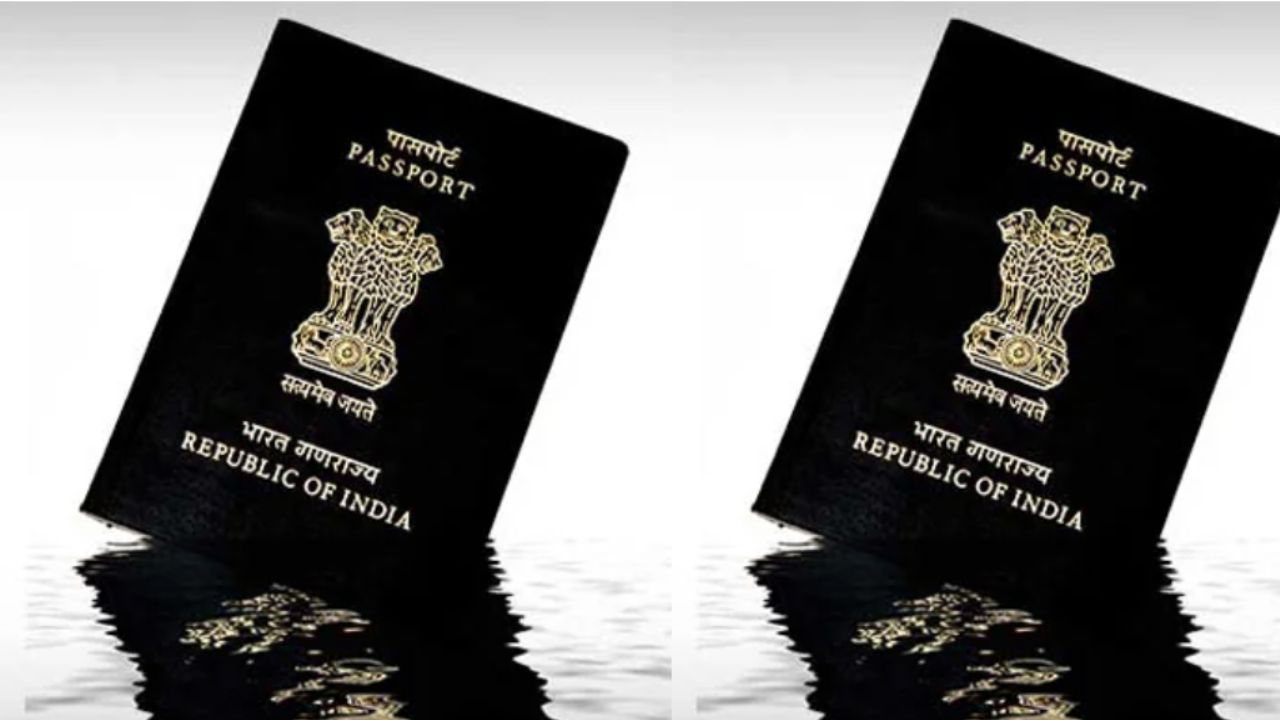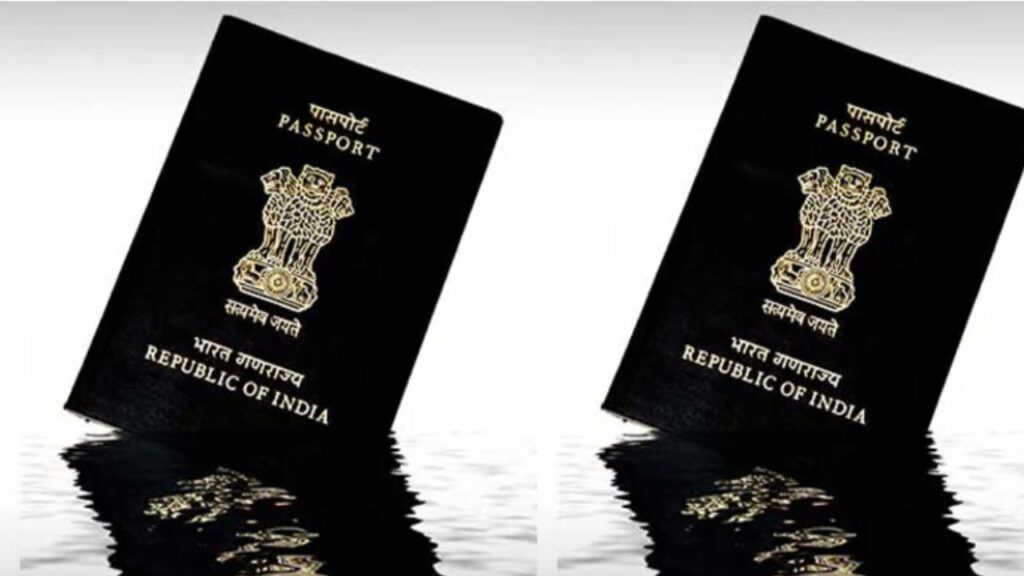
In a revelation that has sparked widespread discussion on India’s evolving global identity, the Ministry of External Affairs (MEA) reported that over 2 lakh Indians renounced their citizenship in 2024, continuing a trend of growing outbound migration for better opportunities, security, and lifestyle. The official number—2,25,620 citizens—marks a steady rise in the number of Indians choosing foreign nationalities, especially in the West.
This development, tabled in Parliament by the Centre, highlights deeper undercurrents influencing the modern Indian diaspora, including education, economic ambition, global mobility, and quality of life aspirations.
A Rising Trend: What the Numbers Say
Over the past decade, India has witnessed a consistent increase in the number of people giving up Indian citizenship. While the COVID-19 pandemic briefly slowed this trend in 2020, the numbers have since rebounded and even surpassed pre-pandemic levels.
Year-wise snapshot (citizenship renunciations):
- 2021: 1.63 lakh
- 2022: 1.83 lakh
- 2023: 2.17 lakh
- 2024: 2.25 lakh+
This growing statistic positions India as one of the top countries with the highest number of expatriates acquiring foreign citizenships, particularly in countries like the United States, Canada, Australia, and the UK.
Top Destinations for Indian Migrants
According to government data, most Indians who renounced their citizenship in 2024 chose the following countries:
- United States
- Canada
- Australia
- United Kingdom
- Germany
- New Zealand
These nations offer dual citizenship or pathways to permanent residency that culminate in full citizenship—something India currently does not allow. As a result, those wishing to secure these benefits must formally relinquish Indian citizenship to complete the naturalization process abroad.
Why Are Indians Opting Out?
The reasons for this steady surge are multi-faceted:
1. Better Career and Education Opportunities
High-skilled professionals, especially in IT, healthcare, finance, and research, often relocate to countries that offer higher salaries, better work-life balance, and superior research infrastructure. For students, globally ranked universities and flexible immigration policies are attractive lures.
2. Passport Power and Global Mobility
The Indian passport ranks lower in terms of visa-free access compared to many Western countries. Acquiring citizenship in countries like the US or Canada significantly enhances global travel convenience, a key factor for business travelers and global entrepreneurs.
3. Quality of Life and Social Security
Factors such as public healthcare, education, cleaner environments, and social welfare systems often attract families looking for long-term stability and quality living conditions.
4. Political and Social Factors
While not always explicitly stated, concerns over freedom of expression, rising intolerance, or political polarization have also nudged some professionals and activists to seek what they perceive as safer or more progressive societies.
Government’s Stand: OCI Route Still Open
While many are giving up Indian citizenship, a significant number of them continue their association with India through the Overseas Citizen of India (OCI) card. This offers lifelong visa-free entry to India, the ability to own property, and some limited economic rights, though it does not equate to dual citizenship.
The Government has consistently clarified that India does not support dual citizenship, citing constitutional and legal constraints. However, it maintains that Indians abroad are national assets, contributing to global diplomacy, soft power, and remittance inflows.
Implications for India
This wave of renunciation raises critical questions:

- Is India losing its best and brightest?
- Are current policies enough to retain global talent?
- Should dual citizenship be reconsidered in a globalized world?
At a time when India aspires to become a developed nation by 2047, the loss of high-skilled citizens to other nations is a double-edged sword. While the diaspora boosts India’s international image and contributes economically, it also reflects the gaps in domestic systems—from education and infrastructure to social safety nets.
Not Just an Exit, But a Transition
The decision to renounce one’s citizenship is never easy—it represents a major emotional and legal shift. For over 2 lakh Indians in 2024, it was a leap toward a different future, not necessarily a rejection of their roots, but a strategic choice shaped by global realities.
As India continues to rise on the world stage, this trend is a reminder that nation-building must include creating a system people are proud to remain a part of, not one they feel compelled to leave.






